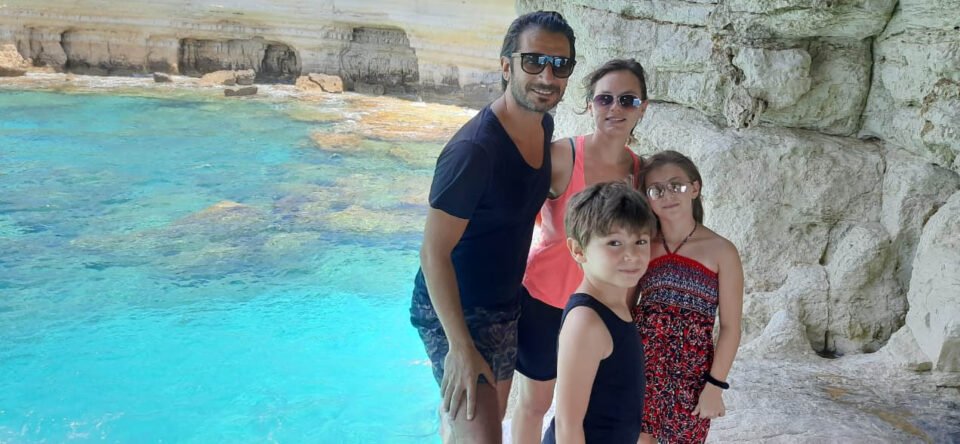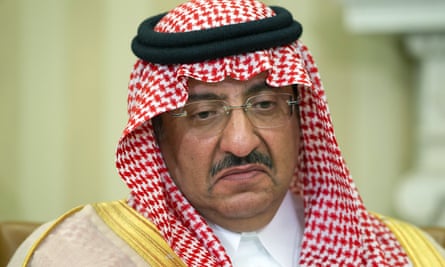![AUB will adopt an exchange rate of 3,900 Lebanese pounds to the US dollar [File: Aziz Taher/Reuters]](https://www.aljazeera.com/wp-content/uploads/2020/11/2020-05-08T000000Z_1608515574_RC2DKG91B4JY_RTRMADP_3_LEBANON-CRISIS-AUB.jpg?resize=770%2C513)
Al Jazeera — Timour Azhari — Beirut – Lebanon’s prestigious American University of Beirut (AUB) has announced that it will more than double the cost of tuition in the local currency, saying the move was necessitated by the country’s spiralling economic collapse. The university will adopt an exchange rate of 3,900 Lebanese pounds to the US dollar, officially untethering from Lebanon’s 23-year-old official rate of 1,500 Lebanese pounds per dollar. AUB President Fadlo Khuri said the university had made the decision in June but held off in the hope that Lebanon’s leaders would implement reforms to unlock international aid that could stabilise the country’s currency, which has lost about 80 percent of its value since mid- 2019. “We delayed it as far as we can, hoping for an economic rescue of Lebanon as a country and some kind of sustainable plan … clearly that’s not imminent,” Khuri said in a briefing with journalists on Monday.
The new rate mirrors one of Lebanon’s three main exchange rates; a semi-official one set by the central bank for commercial bank transactions. At the official rate, yearly tuition of approximately $24,000 equated to 36 million pounds. When the new rate goes into force this spring, it becomes 93.6 million pounds. The minimum wage in Lebanon is just 675,000 pounds a month, or 8.1 million per year. That renders AUB inaccessible to the vast majority of youth in a country where more than 50 percent are poor, and casts uncertainty over the ability of thousands of students, many formerly considered middle class, to complete their studies at one of the Middle East’s top universities. Even before the tuition hike, Khuri said 250 of some 9,400 students at the university had halted their studies, while 600 incoming students had ultimately decided not to start. AUB expects more to leave now, but does not know how many, Khuri said.









